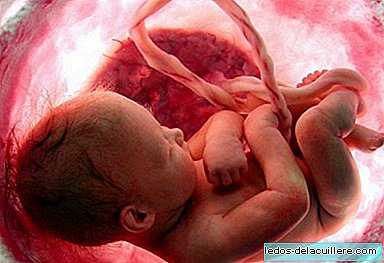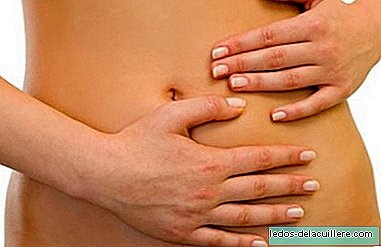
In previous posts I talked about a great report by researchers from the University of Navarra that talks about the biological processes that the mother experiences during pregnancy. On the one hand, the study reveals that pregnancy reduces the mother's stress, while on the other it explains a process by which pregnancy rejuvenates the mother.
In this last entry we will also talk about a very interesting chapter, as I said on another occasion the report is not wasted. Is about what happens in the mother's brain when she is pregnant and how the attachment bond with the offspring is created.
The human brain has great plasticity. It is a map of highways and neural roads that are molded according to emotional experiences, activities, stimuli, habits, etc. Pregnancy is an emotionally very strong experience that modifies the neuronal activity of the mother's brain by reorganizing the neural circuits.
When we get pregnant there is a neuronal biological process that accompanies the emotions we feel throughout pregnancy.
During pregnancy, the woman's body secretes hormones. Progesterone (female sex hormone) plays a fundamental role, increases between 10 and 100 times in the brain, reducing the emotional and physical response to the mother's stress.
Oxytocin (trust hormone) has receptors in all areas connected to the nerve center for cognitive-emotional-vegetative integration, so its function is decisive in establishing the attachment bond between mother and fetus. Oxytocin is generated and stored in the body until the time of delivery. When skin-to-skin contact between the mother and her child occurs, these reserves are released to strengthen the bond of attachment. The same happens when the baby sucks the mother's breast, that is why breastfeeding from minute 1 is so beneficial.
The study also indicates that due to this plasticity, the brain reduces its size during the last months of pregnancy to recover after delivery. It does not mean that neurons are lost, or that the brain is atrophied, but that pregnancy is a cognitive-affective experience that modifies the neuronal structure of the brain.












